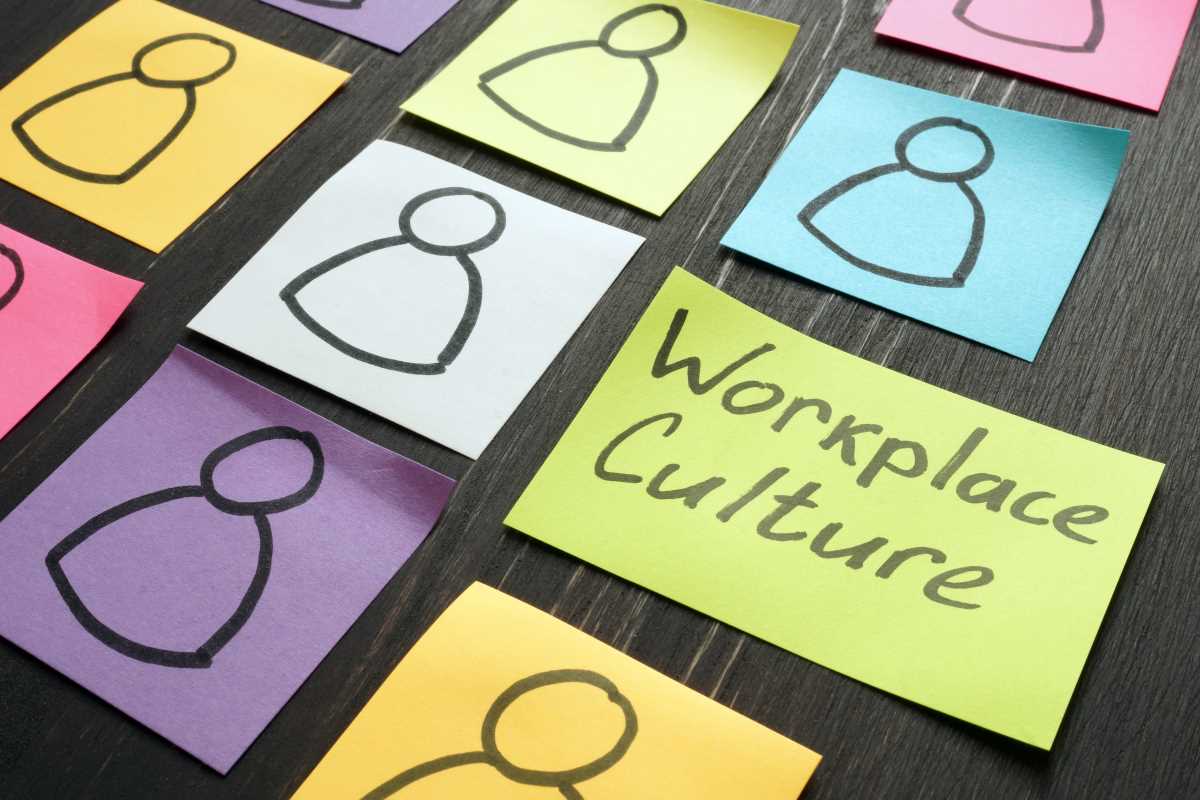Have you ever worked with someone who just gets people? They know how to listen, empathize, and defuse tricky situations so smoothly it seems like second nature. Chances are that person has high emotional intelligence (EI). For years, EI has been a buzzword in leadership and management, but now it’s making serious waves in human resources. And here’s why that matters: HR professionals don’t just deal with payroll and policies anymore. They’re managing complex dynamics like employee engagement, mental health, and diversity initiatives. Emotional intelligence has become a must-have skill set for navigating these challenges effectively.
This article explores the growing role of emotional intelligence in HR, breaking down what it means, why it’s crucial, and how it transforms old practices into modern solutions.
What Is Emotional Intelligence Anyway?
At its core, emotional intelligence is the ability to understand, manage, and influence emotions—both your own and others’. The concept is often broken into five key components. First, there’s self-awareness, which is all about recognizing your own emotions and understanding how they impact your actions. Then comes self-regulation, where you learn to control emotional impulses and respond thoughtfully rather than reactively.
The third piece is motivation, not in the “rah-rah, go team” way, but as an inner drive to achieve goals while staying positive. The fourth is empathy, arguably the heart of emotional intelligence, which lets you understand and share others’ feelings. Finally, we have social skills, the glue that holds it all together, enabling you to build relationships and communicate effectively.
For HR professionals, possessing these skills isn’t just a bonus; it’s quickly becoming a core competency. Whether helping resolve conflicts or supporting employees through personal struggles, high EI makes all the difference.
Why Emotional Intelligence Is a Game-Changer for HR
If you think about it, HR is the emotional backbone of any organization. It’s where employees turn when they’re stressed, frustrated, or even excited about new opportunities. Dealing with high-stakes situations like layoffs, performance disputes, or employee burnout requires more than technical knowledge; it demands emotional intelligence. And by using EI, HR can bridge the gap between employees and leadership.
For example, imagine an HR manager tasked with solving a disagreement between coworkers. Instead of just following protocol, they use empathy to understand each side’s perspective. By acknowledging emotions and steering conversations in a way that feels fair and respectful, they’re not just solving the problem. They’re also creating a space where people feel heard and valued.
Organizations with high-EI HR teams tend to have better employee engagement and retention. Think about it. Who wouldn’t want to work for a company where the HR department genuinely cares about your experience?
EI in Recruitment and Onboarding
The hiring process is where emotional intelligence can really shine. Beyond scanning resumes and conducting interviews, HR needs to connect with candidates on a personal level. EI helps recruiters spot qualities that might not be obvious on paper, like adaptability, teamwork, or resilience.
For instance, instead of just asking technical questions during an interview, an emotionally intelligent recruiter might ask open-ended questions like, “Can you tell me about a time you overcame a challenge at work?” This not only helps gauge the candidate’s skill set but also their emotional capabilities, such as how they handle pressure or conflict.
And don’t forget onboarding. A high-EI HR team ensures new hires feel welcomed and supported from day one. They pay attention to small details, like addressing individual concerns or helping new employees integrate into their teams smoothly. These thoughtful touches contribute to an overall better experience, setting the tone for long-term success.
Managing Workplace Conflict
Workplace conflict happens. It’s just a fact of life when you bring diverse personalities into the same space. But that’s where emotionally intelligent HR professionals step in. Instead of sweeping conflicts under the rug or escalating matters, they focus on resolving issues in a way that builds trust and understanding.
For example, an HR leader with strong self-awareness will recognize their own biases and take steps to ensure those don’t color their approach. Empathy allows them to understand the underlying emotions driving the conflict, while their social skills help guide both parties to a compromise.
The beauty of using EI in conflict resolution is that it doesn’t just fix surface-level problems. It gets to the root of the issue, paving the way for healthier team relationships moving forward.
Supporting Employee Mental Health
Employee well-being has taken center stage in modern workplaces, and rightly so. Burnout, anxiety, and stress levels are at all-time highs, making mental health a critical focus for HR teams. This is where emotional intelligence becomes indispensable.
By using empathy and active listening, HR professionals can create safe spaces for employees to open up about their struggles. For instance, an HR manager noticing signs of burnout might approach an employee with a conversation like, “I’ve noticed you’ve seemed overwhelmed lately. Is there anything we can do to lighten your load or support you?” This simple gesture acknowledges the employee’s feelings without judgment, showing that their well-being matters.
HR teams with high EI are often better equipped to implement mental health initiatives. They understand the importance of being proactive, whether by offering wellness resources, promoting work-life balance, or encouraging open dialogue about mental health challenges.
Fostering a Positive Work Culture
A workplace culture that prioritizes emotional intelligence isn’t just nice to have; it’s essential for attracting and retaining top talent. EI can be the secret ingredient that transforms workplace dynamics, turning “just a job” into a place where people genuinely enjoy showing up.
Emotionally intelligent HR teams lead by example, modeling the behaviors they want to see throughout the organization. They encourage open communication, celebrate diverse perspectives, and build an environment where employees feel valued for who they are. Over time, this creates a ripple effect, influencing the way managers and employees interact with one another.
Investing in emotional intelligence training for HR staff isn’t just about professional growth; it’s about elevating the employee experience. A workplace rooted in empathy, communication, and trust is a workplace where people thrive.
Building emotional intelligence into HR practices doesn’t just make sense; it’s quickly becoming non-negotiable. The modern workforce needs more than policies and procedures; it needs a human touch, and that’s exactly what EI delivers.
 (Image via
(Image via





